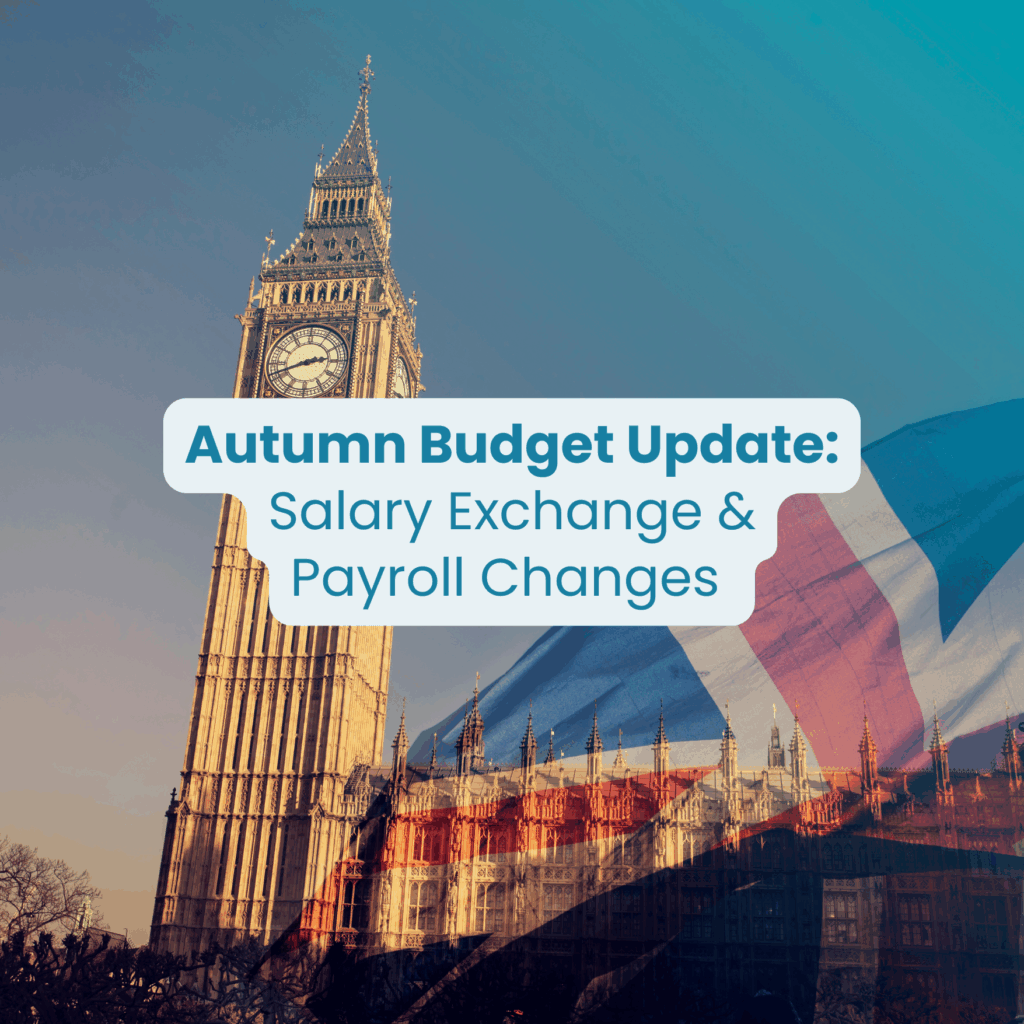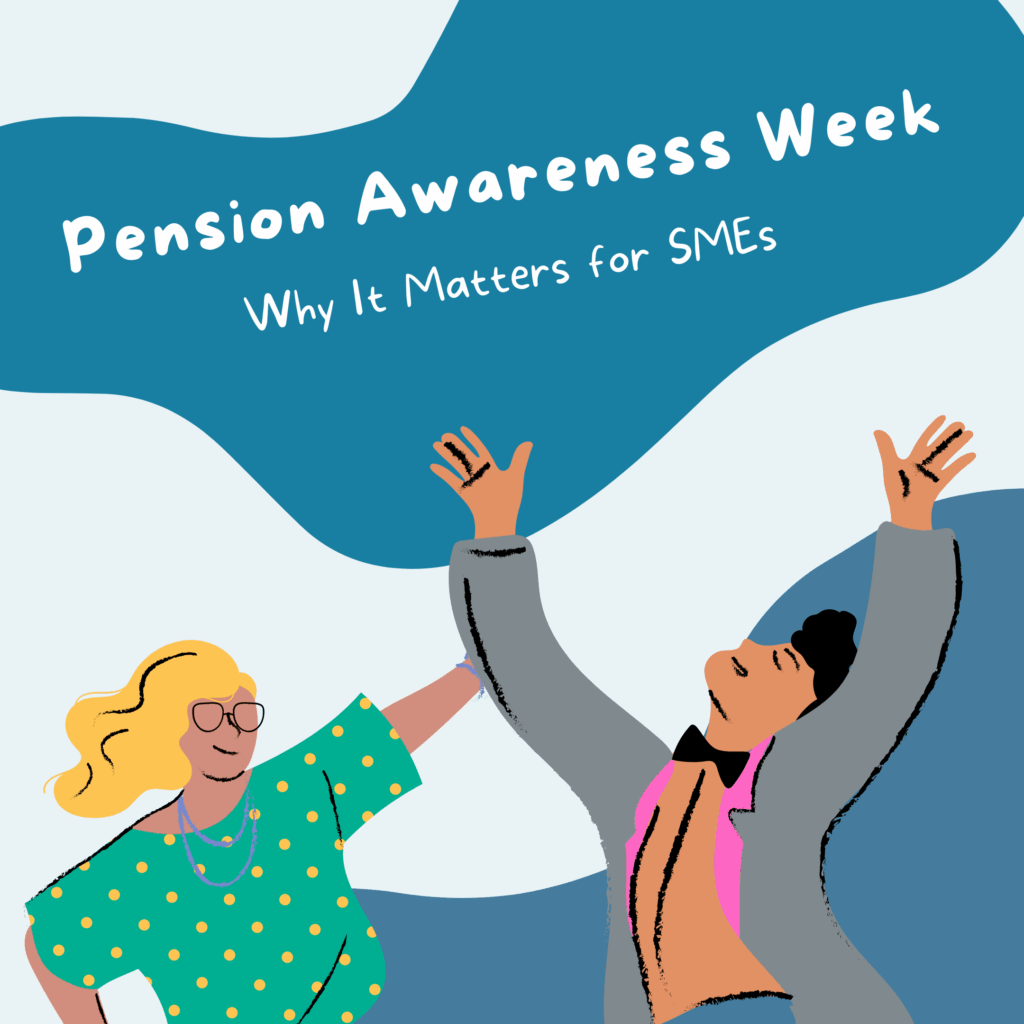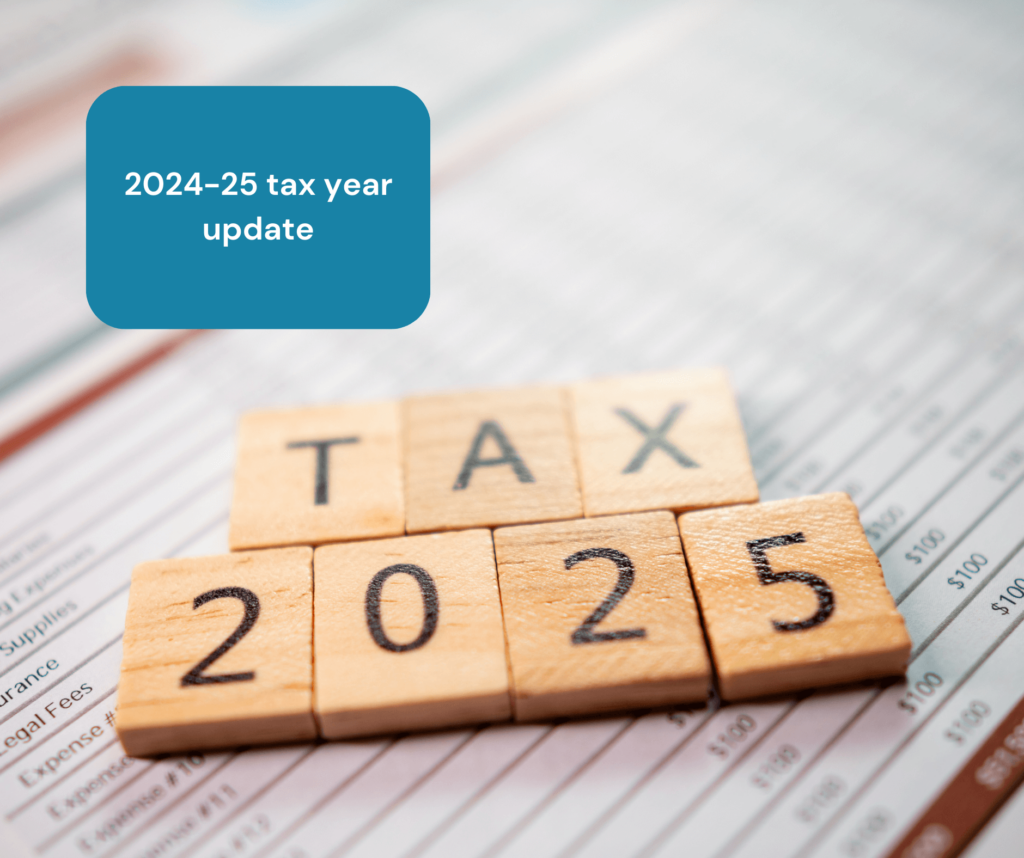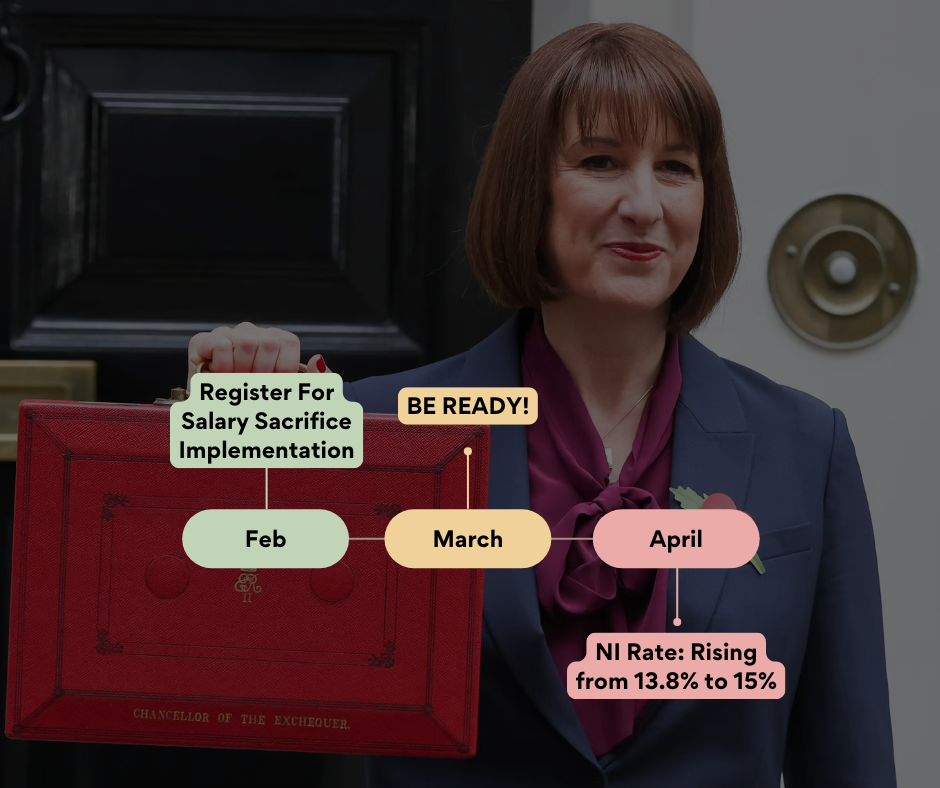Are you ready to claim your tax back?
Many UK employees are entitled to additional pension tax relief but never claim it. If you’re a higher-rate or additional-rate taxpayer, you could be missing out on up to 20% or 25% extra tax relief on your pension contributions.
Are you ready to claim your tax back? Read More »









